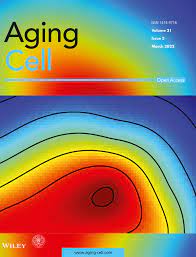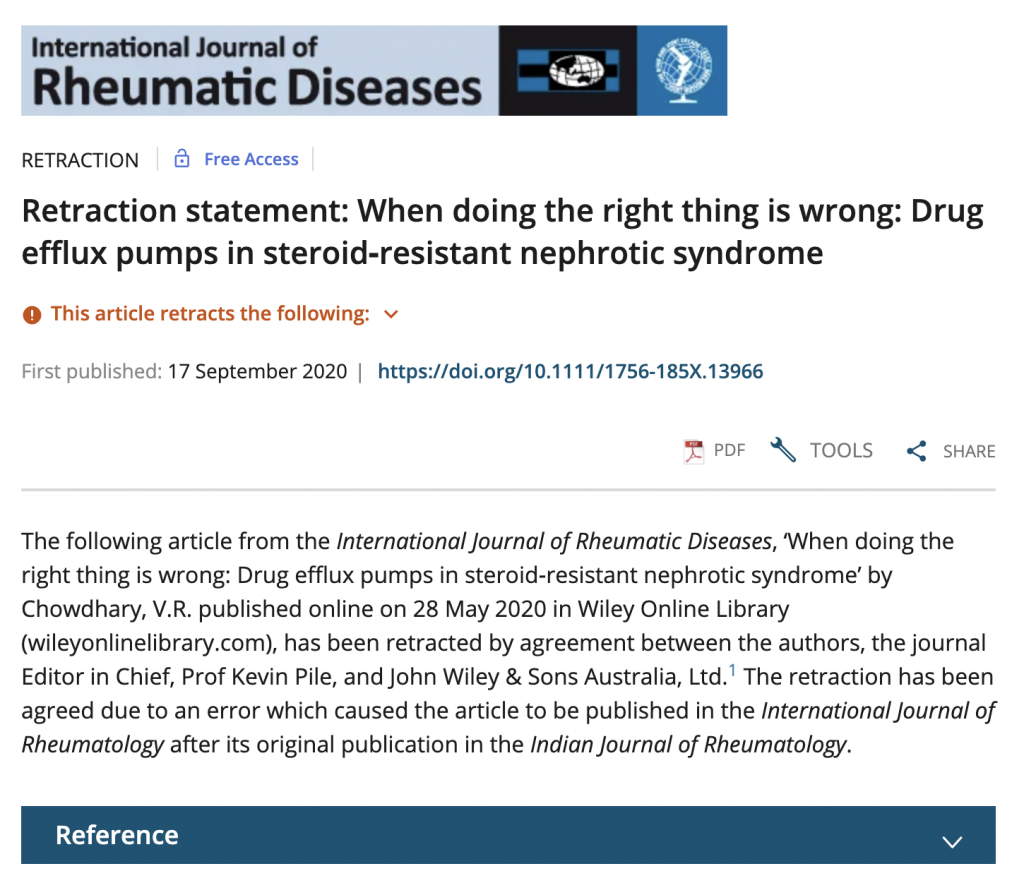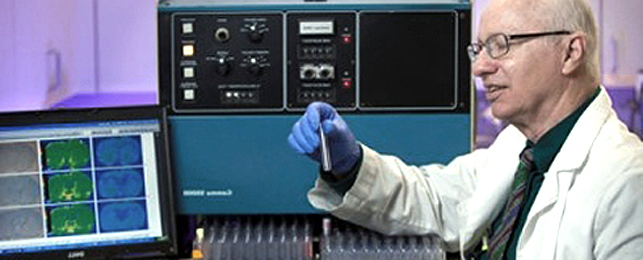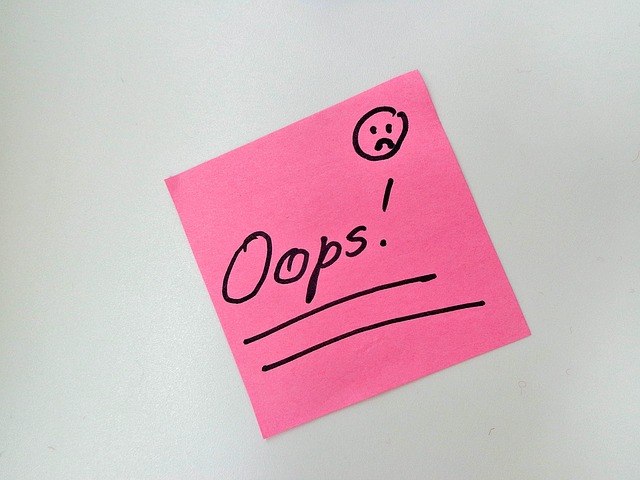A journal regarded as the leader in its field is without editors after they resigned as a group earlier this month in a dispute over their workload and compensation.
On August 11, the four editors-in-chief of Aging Cell tendered their resignations to Wiley and the Anatomical Society, which together publish the monthly periodical. Explaining their decision in a letter dated August 23 and posted to Twitter by an account unrelated to the journal, the editors – Peter Adams, Julie Andersen, Adam Antobi, Vera Gorbunova, along with John Sedivy, the reviews editor – said they had reached the breaking point after trying to work with the publishers for the last “2-3 years” on “serious issues in running the journal.”
We were unable to immediately reach the editors or Wiley, but Adams retweeted the letter and asked his followers to “Please distribute.”
Continue reading Editors-in-chief of aging journal resign en masse after ‘impasse with the Anatomical Society and Wiley’







